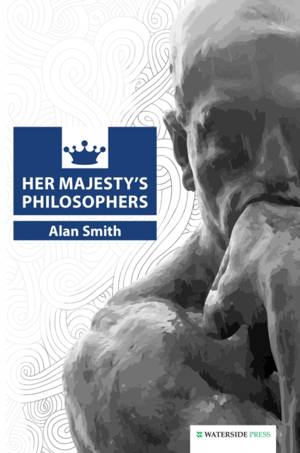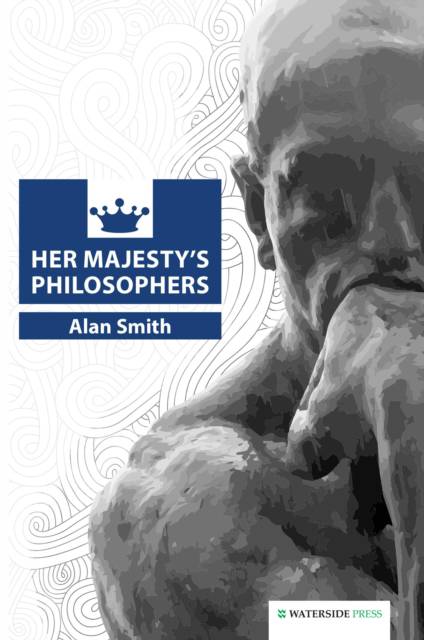
- Afhalen na 1 uur in een winkel met voorraad
- Gratis thuislevering in België vanaf € 30
- Ruim aanbod met 7 miljoen producten
- Afhalen na 1 uur in een winkel met voorraad
- Gratis thuislevering in België vanaf € 30
- Ruim aanbod met 7 miljoen producten
Zoeken
Omschrijving
Informative, entertaining, against the grain, Her Majesty's Philosophers highlights the artificiality of prison life. By a Guardian correspondent (and with extracts to be published in that newspaper) this book is set to be a penal affairs classic which every student of crime and punishment should read. Building on his Guardian pieces about teaching Philosophy in prison, this is Alan Smith's account in extensio. From introducing Plato to ever-changing groups of hard-nosed prisoners to them wrestling with Bentham, Phillip Larkin and Shakespeare, it is packed with insights and unexpected turns. It paints a picture in which worlds collide and conventional thinking is turned inside out as 'new modes of discourse' change the men's thinking and ideas. At times surreal the book brings fresh perspectives to the minutiae of prison life: survival, coping, soap, teabags, cell mates, the constant noise and immediacy. And needless to say, the men come up with philosophical gems of their own. Her Majesty' Philosophers is also about isolation, the long hours, knockbacks and the emotional mutilation of imprisonment; and whilst philosophy is 'soft and fluffy' it contrasts starkly with the pragmatic world of prison officers, for whom the Holy Grail is Security, Keys and Prison Craft. The book charts how learning changes lives, especially for prisoners who missed out on formal education, who-once motivated-become voracious readers and extraordinary students. It demonstrates more than any official report the value of a wider agenda than Basic Skills. Prisons have been labelled 'Universities of Crime', but colleges are increasingly populated by those who began their studies in a prison cell. In a book packed with wisdom and humour the author laments the fact that prison policy means that this is becoming a far less easy step. 'Revealing, wry, provocative...': Amy Leavitt, Writer, USA. 'Alan Smith is...a master story-teller': Dick Gordon, The Story 'The author has never flinched from telling the vivid truth about prison: how it can mess with people's minds': Alice Woolley, The Guardian. 'Keen perception and a natural gift for narration': Benjamin Allen, South Texas College. 'Witty, insightful and above all honest... An essential read for anyone working in the criminal justice system': Clive Hopwood, Director, Writers in Prison Foundation. Alan Smith is a novelist whose columns for The Guardian introduced readers to some of the absorbing characters and true storylines in this book. A university lecturer as well as a prison tutor, he empathises with life's failures-and as he explains, Philosophy in prison may sound strange but neither was it a regular degree choice for someone brought up in the back streets of 1950s Sheffield.
Specificaties
Betrokkenen
- Auteur(s):
- Uitgeverij:
Inhoud
- Aantal bladzijden:
- 218
- Taal:
- Engels
Eigenschappen
- Productcode (EAN):
- 9781904380955
- Verschijningsdatum:
- 9/09/2013
- Uitvoering:
- Paperback
- Formaat:
- Trade paperback (VS)
- Afmetingen:
- 156 mm x 234 mm
- Gewicht:
- 312 g

Alleen bij Standaard Boekhandel
+ 67 punten op je klantenkaart van Standaard Boekhandel
Beoordelingen
We publiceren alleen reviews die voldoen aan de voorwaarden voor reviews. Bekijk onze voorwaarden voor reviews.











